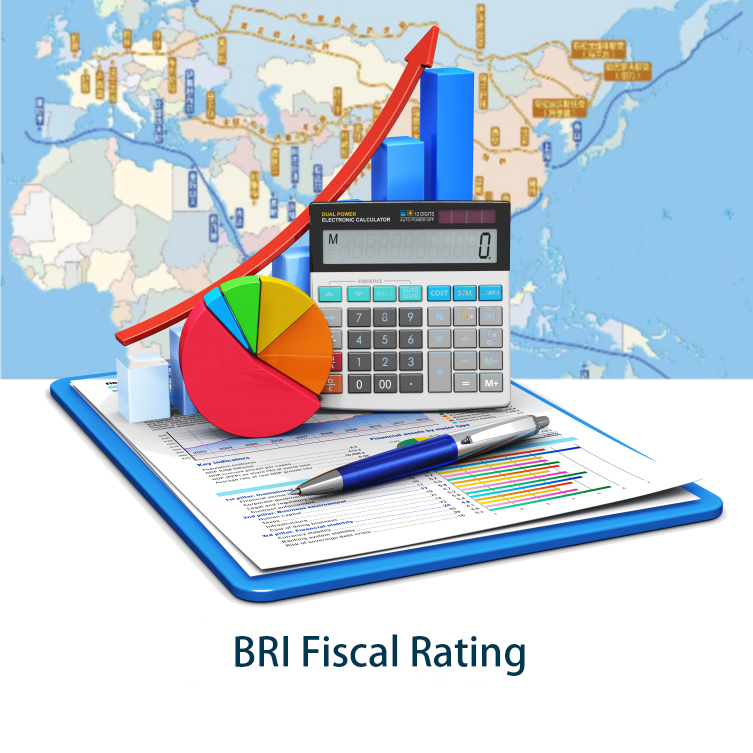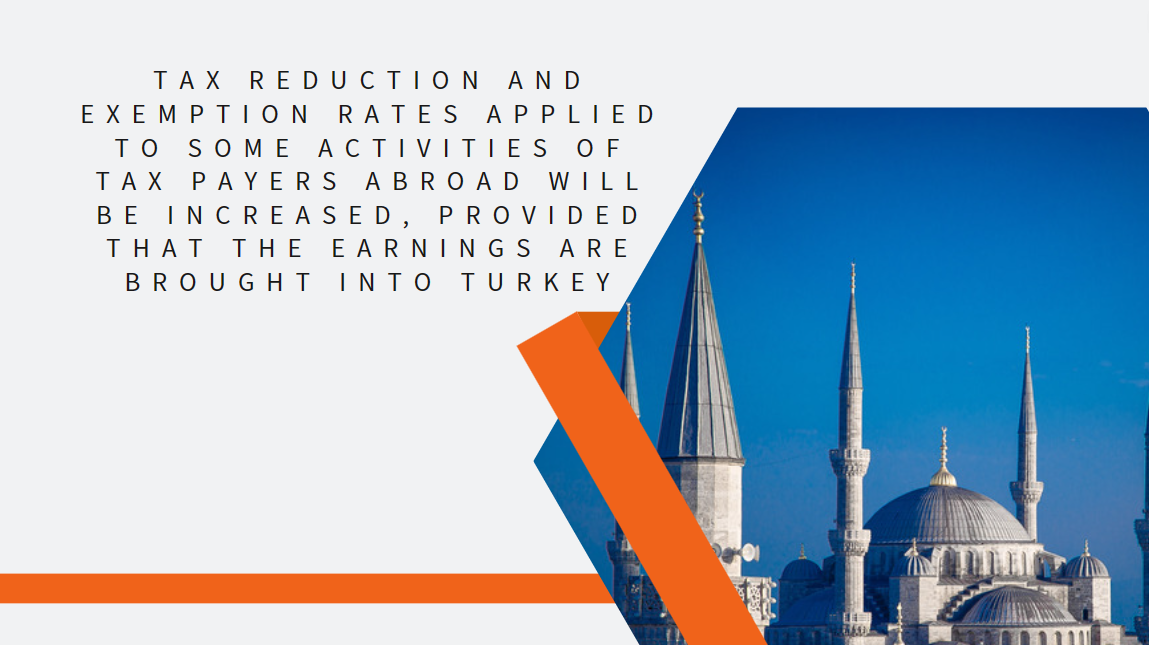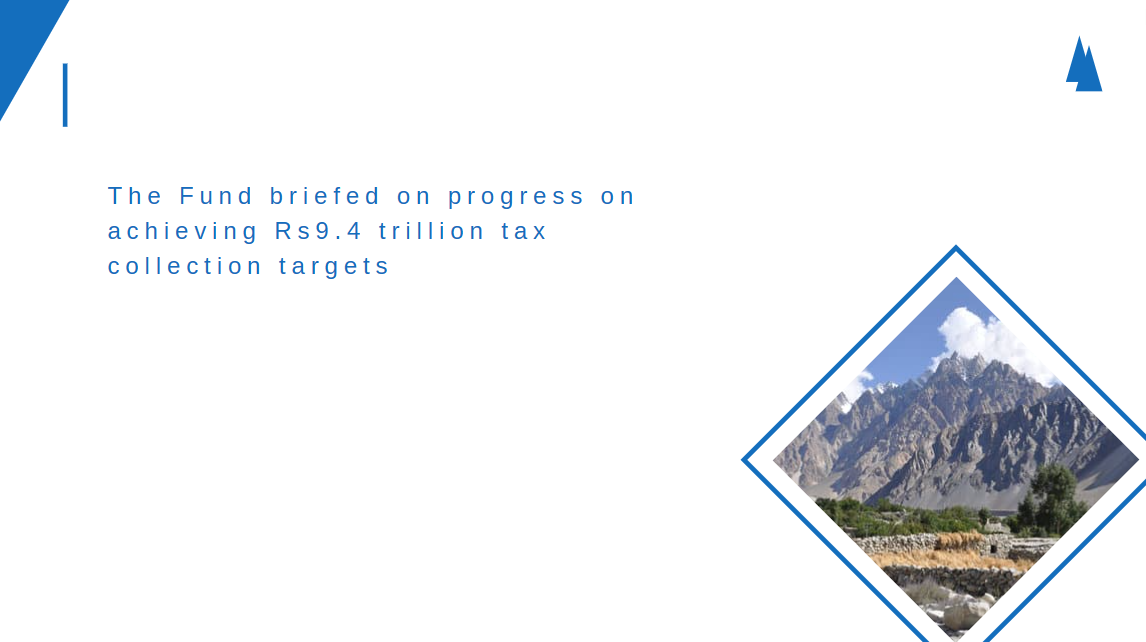Tax Update: Global Minimum Tax, VAT Tax Reduction Confirmed for 2024
Vietnam's National Assembly has officially passed a top-up tax in response to the Organization for Economic Cooperation and Development (OECD) Global Minimum Tax (GMT) initiative. This will see companies currently paying less than 15 percent tax required to pay a top-up tax covering the difference from the start of next year.
For some time, Vietnam has offered foreign investors very generous tax breaks to encourage them to open factories and plants around the country. This, in turn, has helped Vietnam to cement its place as an important block in global supply chains and a major global manufacturing hub.
The GMT, however, will see multinationals with revenue over EUR 750 million (US$80 million) pay tax of at least 15 percent, regardless of where their operations are. This means that if Vietnam had not passed the top-up tax, companies would have had to make up the difference in their home country.
It is important to note that the introduction of this supplementary tax does not necessarily have negative implications. If the tax breaks are substituted with increased spending on infrastructure or other alternative investment incentives, foreign investors in Vietnam could stand to benefit more broadly.
There are, however, currently no alternative benefits on offer, although the idea of an investment support fund has been floated. This is expected to be legislated next year.
Reuters reported earlier this year, that Vietnam was considering handouts as a means of compensating foreign multinationals; however, the OECD promptly shut this idea down.
VAT tax reduction extended to June 2024
Normally levied at 10 percent, Vietnam VAT was reduced to 8 percent from July 1, 2023 for the last half of this year – a reduction that has now been extended to June 2024.
The cut will apply to most sectors except for these – telecommunications, information technology, finance, banking, securities, insurance, real estate, metals and metal products, mining, refined petroleum, chemicals, and items subject to excise tax.
In February of 2022, under a similar policy, the Vietnamese government cut the VAT from 10 to 8 percent to boost the pandemic-hit local economy. The cut, which was in place until the end of December 2022, cost Vietnam’s state budget an estimated VND 49.4 trillion (US$2.2 billion).
This latest iteration of the VAT reduction is expected to follow the same basic guiding principles as previous VAT reductions.






















































First, please LoginComment After ~